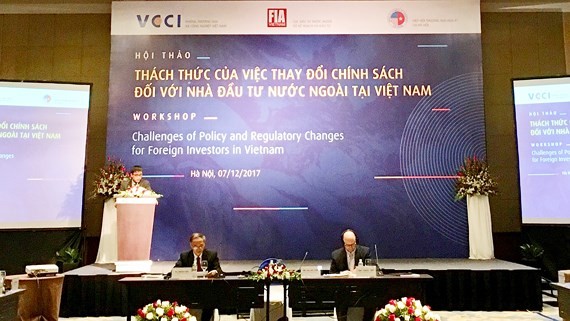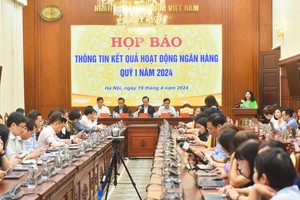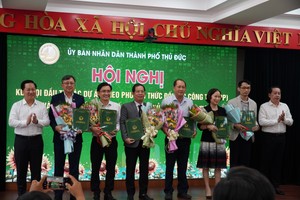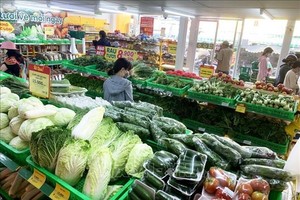
Speaking at a workshop on challenges of policy and regulatory changes for foreign investors in Vietnam, he said that low income consumers would be affected and the Government’s tax revenue might not increase but reduce. That is practical experience from Indonesia and Denmark.
In addition, imposing special consumption tax on soft drink would create a discrimination in the food and beverage industry.
He proposed the Government to seriously consider all implicit social and economic impacts of the tax policy change, reconsider proposals to raise taxes or levy new taxes to maintain the confidence of investors in the market and prevent negative thoughts about businesses environment in Vietnam.
Mr. Adam Sitkoff, executive director of the American Chamber of Commerce (AmCham) in Hanoi, said that AmCham members were sanguine about business development prospects in Vietnam but expressed anxiety about recent policy and regulatory changes which were not suitable with international practice.
For instance, special consumption tax levy on soft drink was an uncommon and unstimulated regulation, he said. Only four nations in the Asia-Pacific region accounting for 2 percent now impose the tax which has a negative impact on the economy and not been proved to help protect health.
Cyber security draft law stipulates that foreign suppliers of telecom and internet services must locate the server that manages Vietnamese users’ data in the territory of Vietnam. The regulation would not help improve cyber security but create an unnecessary burden on foreign firms, he said.
Taking another example, he said that Decree 181/2013 NĐ-CP details rules of the Law on Advertising, requiring a Vietnamese firm to work with only one licensed advertising service provider in the country.
The requirement not only put Vietnam in the situation of breaking the national treatment principle of the World Trade Organization (WTO) but also limit opportunities of small and medium enterprises, who want to advertise their products and services on cross border channels such as Facebook or Google, he added.
























